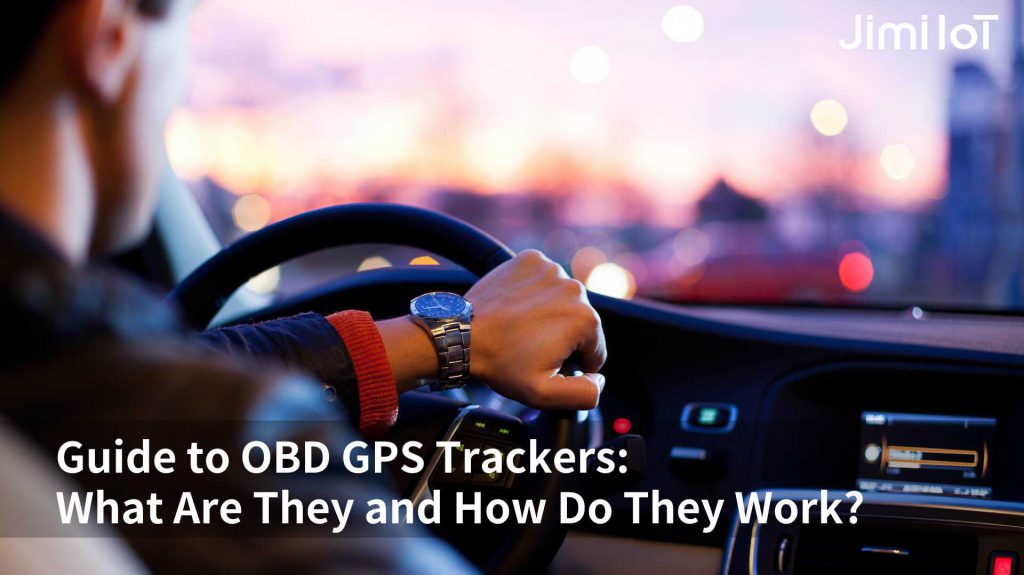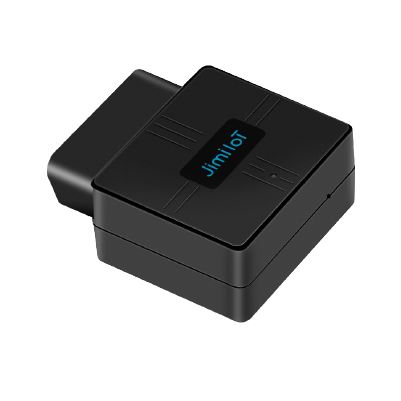In this article, we’ll dive into the world of OBD GPS trackers and find out what makes them so cool. So, buckle up, and let’s get started!

What is an OBD GPS tracker?
An OBD GPS tracker is a nifty little device that combines the power of an OBD (On-Board Diagnostics) system and a GPS (Global Positioning System) tracker. This combo allows you to monitor your vehicle’s performance, track its location, and even set up geofences or speed alerts. Neat, right?
But, what exactly is an OBD system? Well, it’s a built-in system in your car that helps you monitor its performance and detect any issues. And GPS, as you probably know, helps you track your car’s location and movement. So, an OBD GPS tracker is like the best of both worlds!
Is OBD GPS tracker good?
You betcha! OBD GPS trackers are super useful for various reasons. Here are a few benefits that make them worth considering:
- Monitor vehicle health: With an OBD GPS tracker, you can keep tabs on your car’s performance and get alerts about any potential issues. This can help you address them before they become major problems, saving you money and headaches.
- Track your car’s location: Ever had your car stolen or misplaced it in a parking lot? With an OBD GPS tracker, you can quickly find your car’s location and even share it with law enforcement or friends.
- Monitor driving habits: If you’re a parent or a fleet manager, an OBD GPS tracker can help you monitor the driving habits of your teenagers or employees. This way, you can ensure they’re driving safely and responsibly.
- Set up geofences and speed alerts: Want to make sure your car doesn’t go beyond a certain area or exceed a specific speed limit? An OBD GPS tracker lets you set up geofences and speed alerts, giving you peace of mind.
What is the difference between OBD and GPS?
Okay, let’s break it down. OBD and GPS are two separate systems that serve different purposes. OBD, or On-Board Diagnostics, is an automotive system that monitors your vehicle’s performance and helps you detect any issues. It can provide you with diagnostic trouble codes (DTCs) that help you figure out what’s wrong with your car.
On the other hand, GPS, or Global Positioning System, is a satellite-based navigation system that provides you with the location and time information of your vehicle. It helps you track your car’s movement and can even give you turn-by-turn directions.
So, while OBD is all about vehicle performance and diagnostics, GPS is all about location tracking and navigation.
What are the two types of OBD?
There are two main types of OBD systems: OBD1 and OBD2. OBD1 was introduced in the 1980s and was the first standardized on-board diagnostics system. However, it had its limitations, as it only provided basic diagnostic information and wasn’t consistent across all car manufacturers.
OBD2, introduced in the mid-1990s, is an improved and standardized version of OBD1. It provides more advanced diagnostic capabilities and is required in all vehicles sold in the United States since 1996. The OBD2 system is more accurate, consistent, and easier to use compared to OBD1.
Are OBD and OBD2 the same?
OBD and OBD2 are often used interchangeably but technically, they’re not the same. OBD refers to the general concept of onboard diagnostics, while OBD2 is the specific, standardized system that we see in most vehicles today. So, when people say “OBD,” they usually mean “OBD2.”
How does an OBD2 GPS tracker work?
An OBD2 GPS tracker is a device that plugs into your vehicle’s OBD2 port, usually located under the dashboard. Once connected, it reads data from your car’s onboard computer and combines it with GPS information to provide you with valuable insights about your vehicle’s performance, location, and more.
The OBD2 GPS tracker sends this data to a server through a cellular connection. You can access this information using an app or a web portal, allowing you to monitor your car’s health, track its location, and even set up geofences or speed alerts.
In conclusion, an OBD GPS tracker is a powerful tool that can help you keep tabs on your vehicle’s performance, location, and driving habits. With its combination of OBD2 and GPS technologies, this device offers a range of benefits that can make your life easier and give you peace of mind. So, whether you’re a concerned parent, a fleet manager, or just someone who loves their car, an OBD GPS tracker might just be the gadget you need.
Why Jimi IoT?
Jimi IoT relies on innovative solutions for driver status monitoring and vehicle tracking for fleet management, more effective driver tracking, recording, notification, monitoring and efficient fleet management.
Jimi has more than 20+ years of experience in the loT/loV industry and a team of experts to assist you in the adoption. We offer ready-todeploy solutions (with IoT SIM cards for worldwide connectivity) as well as OEM, ODM.and OBM services to suit your industry-specific needs. Contact us at info@jimilab.com
 EN
EN ES
ES PT
PT TH
TH VN
VN JP
JP



